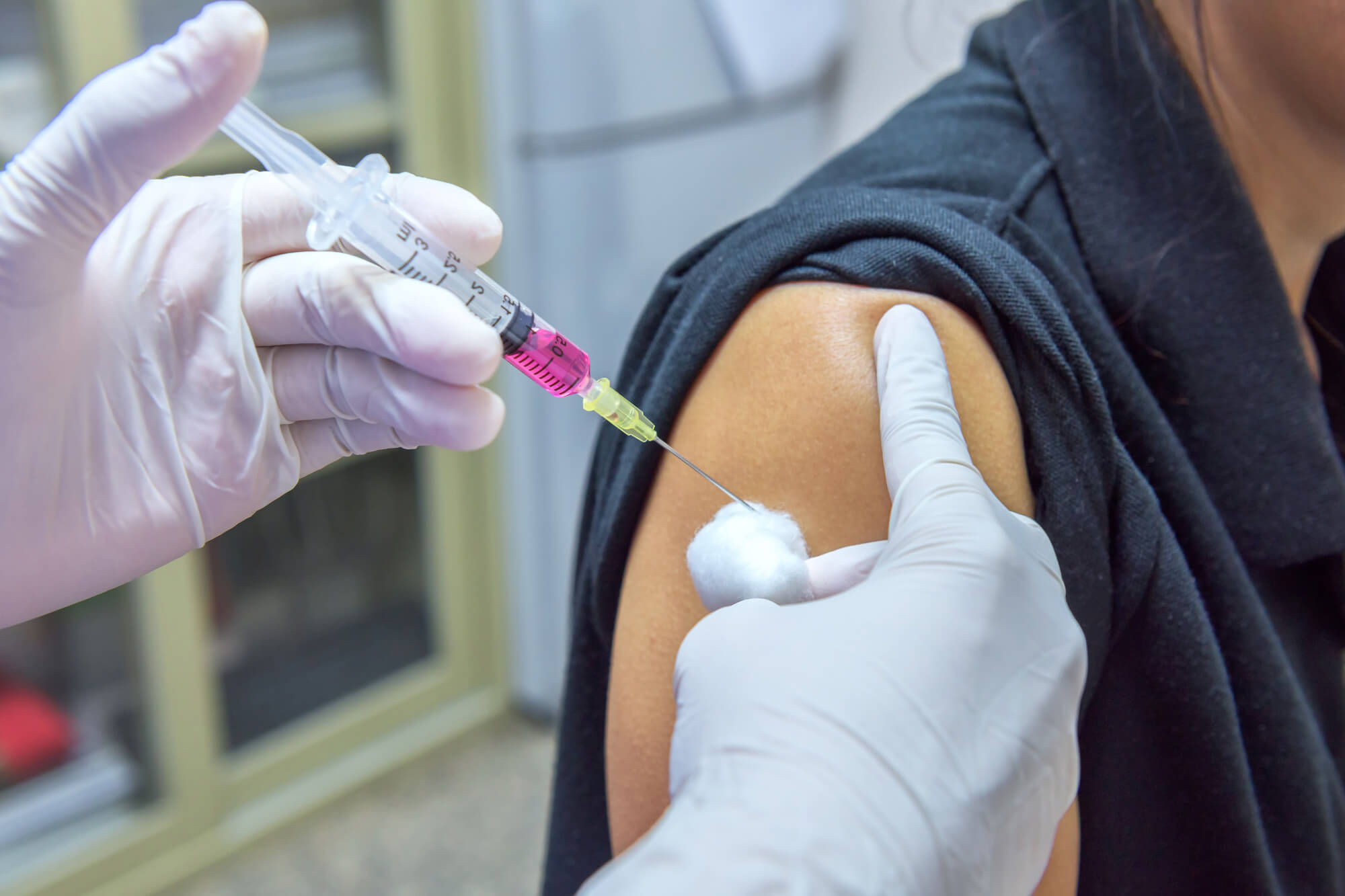

Health threats abroad are constantly changing, so business aviation professionals must take preventative measures.
Regardless of the international destination, NBAA recommends that all crews and passengers planning to fly overseas review their immunization records prior to departure.
“This review should be a standard item of international preflight preparations,” said Doug Carr, NBAA vice president of regulatory and international affairs.
An important reason for checking immunizations before every overseas trip is because the health threats of international travel are constantly evolving.
For example, the World Health Organization recently updated its recommendations for polio vaccines, and the Centers for Disease Control and Prevention (CDC) issued guidance for travelers bound for eight destinations, including Kenya, Pakistan and Papua New Guinea.
“The CDC website is a good place to start assessing a traveler’s vaccine requirements, such as learning what countries require yellow fever vaccines, or the need for a typhoid vaccine when traveling to developing nations,” Carr said. “Ultimately, the vaccines a person needs depends on their age, gender and health. Well before any planned international travel, individuals should review their immunization history and requirements with their physician, who may recommend re-inoculation for those with no memory or record of receiving a routine childhood vaccine.”
The CDC’s recommendations for immunizations one should get before traveling to specific countries are in addition to the routine vaccines that Americans should receive as children and adults. Hepatitis A and B make both the child and adult lists of routine vaccines, as do those for pneumococcal and meningococcal diseases. Tetanus, diphtheria and pertussis, along with human papillomavirus, are also on both lists. Adults should get the shingles vaccine regardless of their travel plans. Children should be vaccinated for chickenpox, whose varicella zoster virus makes adults susceptible to shingles.
International travelers may also need adult boosters for childhood vaccines for polio, measles, mumps and rubella. Some vaccines are good for life, others, like tetanus, are good for a set period. Additionally, documentation of a vaccination history could help with access to some areas with persistent outbreaks.
Immunizations do not yet exist for some diseases, such as Zika, which is transmitted by infected mosquitoes. To avoid potential severe birth defects, the CDC recommends that pregnant women and couples trying to get pregnant should not travel to certain nations in Africa, Asia, the Caribbean, Central and South America, and several Pacific islands. Until a potential Zika immunization
is approved, preventing mosquito bites with repellents, protective clothing,
and staying in screened and air-conditioned spaces are the traveler’s primary protections.
Similarly, prevention and healthy habits are the primary protection for a new disease, Middle East respiratory syndrome, identified in some countries on the Arabian peninsula. Symptoms include fever, cough and shortness of breath. The CDC says the risk is low, but travelers should still wash their hands often, avoid touching their faces, and refrain from close contact with sick individuals.


 International Business Aviation Council Ltd.
International Business Aviation Council Ltd.